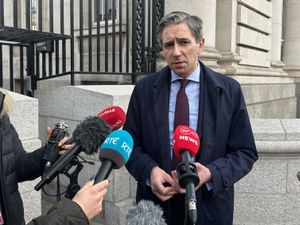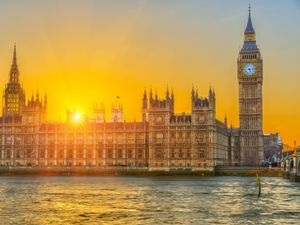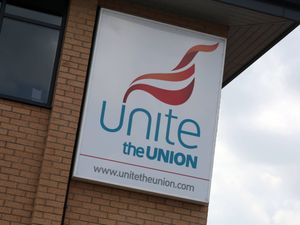Council tax set to rise despite extra funding for local authorities
The chairman of the County Councils Network warned authorities had ‘little choice’ but to put up taxes.

Council tax is likely to rise again next year, local authorities have warned as they continue to battle with their own black holes despite extra funding from the Budget.
The Chancellor announced £1.3 billion of extra grant money for councils in her statement on Wednesday, providing what she called a “significant real-terms funding increase” for local government.
The Government has also provided additional funding for some specific areas councils are responsible for, including £1 billion for special educational needs provision and money for pothole repairs and social housing.
Rachel Reeves’s announcement came barely a week after a survey by the Local Government Association found one in four councils said they were “likely” to need emergency support to stave off bankruptcy in the next two years.
But while councils acknowledged the extra money would provide some help with day-to-day pressures, it would not be enough to solve their problems
Tim Oliver, leader of Surrey County Council and chairman of the County Councils Network, said the money “does not eradicate councils’ funding gap” as local authorities would also incur “significant additional expense due to the increase in the National Living Wage”.
He added: “Therefore, councils will have little choice but to raise council tax and still will need to take difficult decisions over services to balance their budgets.”
His comments were echoed by Louise Gittins, leader of Cheshire West and Chester Council and chairwoman of the LGA, who said Wednesday’s announcement was “a step in the right direction” but warned councils still faced a “precarious” future.
She added: “The Government needs to give explicit clarity on whether councils will be protected from extra cost pressures from the increases to employer national insurance contributions.”
Depending on the impact of the increase in the minimum wage, councils expect the “best case scenario” to see their funding pressures fall by a quarter as a result of the extra grant funding, meaning more council tax increases and cuts to services.
Jonathan Carr-West, chief executive of the Local Government Information Unit, said Wednesday’s statement had been “a Budget of choices deferred” and warned that some councils “will not be able to hang on” until future announcements.
In the Budget document published on Wednesday, the Treasury said councils would see a real-terms increase of 3.2% in their spending power next year as a result of the Budget, but it is understood that this assumes authorities will increase council tax by the maximum amount allowed.
Council tax increases have been capped in recent years at 2.99%, with an extra 2% increase allowed for councils with social care responsibilities.
This year, the average council tax in England rose by 5.1%, reaching £2,171 for a Band D property.
If that increase was replicated again next year, it would mean Band D properties paying another £110 in council tax.
Seven English local authorities have effectively declared bankruptcy since 2018.





